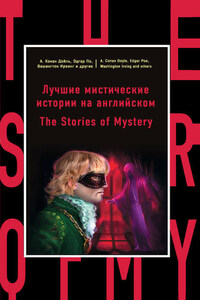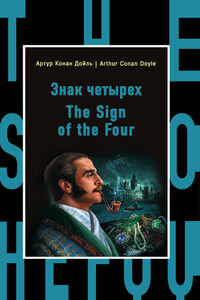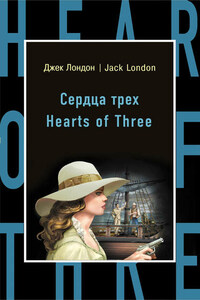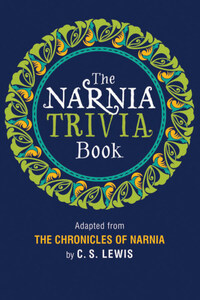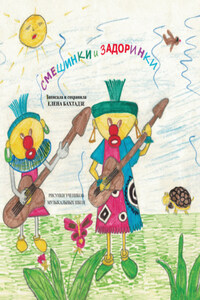Sabine Baring-Gould
The Leaden Ring
‘It is not possible, Julia. I cannot conceive how the idea of attending the county ball can have entered your head after what has happened. Poor young Hattersley’s dreadful death suffices to stop that.’
‘But, aunt, Mr. Hattersley is no relation of ours.’
‘No relation – but you know that the poor fellow would not have shot himself if it had not been for you.’
‘Oh, Aunt Elizabeth, how can you say so, when the verdict was that he committed suicide when in an unsound condition of mind? How could I help his blowing out his brains, when those brains were deranged?’
‘Julia, do not talk like this. If he did go off his head, it was you who upset him by first drawing him on, leading him to believe that you liked him, and then throwing him over so soon as the Hon. James Lawlor[1] appeared on the tapis.[2] Consider: what will people say if you go to the assembly?’
‘What will they say if I do not go? They will immediately set it down to my caring deeply for James Hattersley, and they will think that there was some sort of engagement.’
‘They are not likely to suppose that. But really, Julia, you were for a while all smiles and encouragement. Tell me, now, did Mr. Hattersley propose to you?’
‘Well – yes, he did, and I refused him.’
‘And then he went and shot himself in despair. Julia, you cannot with any face go to the ball.’
‘Nobody knows that he proposed. And precisely because I do go everyone will conclude that he did not propose. I do not wish it to be supposed that he did.’
‘His family, of course, must have been aware. They will see your name among those present at the assembly.’
‘Aunt, they are in too great trouble to look at the paper to see who were at the dance.’
‘His terrible death lies at your door. How you can have the heart, Julia – ‘
‘I don’t see it. Of course, I feel it. I am awfully sorry, and awfully sorry for his father, the admiral. I cannot set him up again. I wish that when I rejected him he had gone and done as did Joe Pomeroy, marry one of his landlady’s daughters.’
‘There, Julia, is another of your delinquencies. You lured on young Pomeroy till he proposed, then you refused him, and in a fit of vexation and mortified vanity he married a girl greatly beneath him in social position. If the mênage[3] prove a failure you will have it on your conscience that you have wrecked his life and perhaps hers as well.’
‘I cannot throw myself away as a charity to save this man or that from doing a foolish thing.’
‘What I complain of, Julia, is that you encouraged young Mr. Pomeroy till Mr. Hattersley appeared, whom you thought more eligible, and then you tossed him aside; and you did precisely the same with James Hattersley as soon as you came to know Mr. Lawlor. After all, Julia, I am not so sure that Mr. Pomeroy has not chosen the better part. The girl, I dare say, is simple, fresh, and affectionate.’
‘Your implication is not complimentary, Aunt Elizabeth.’
‘My dear, I have no patience with the young lady of the present day, who is shallow, self-willed, and indifferent to the feelings and happiness of others, who craves for excitement and pleasure, and desires nothing that is useful and good. Where now will you see a girl like Viola’s sister, who let concealment, like a worm in the bud, feed on her damask cheek? Nowadays a girl lays herself at the feet of a man if she likes him, turns herself inside-out to let him and all the world read her heart.’
‘I have no relish to be like Viola’s sister, and have my story – a blank. I never grovelled at the feet of Joe Pomeroy or James Hattersley.’
‘No, but you led each to consider himself the favoured one till he proposed, and then you refused him. It was like smiling at a man and then stabbing him to the heart.’
‘Well – I don’t want people to think that James Hattersley cared for me – I certainly never cared for him – nor that he proposed; so I shall go to the ball.’
Julia Demant was an orphan. She had been retained at school till she was eighteen, and then had been removed just at the age when a girl begins to take an interest in her studies, and not to regard them as drudgery. On her removal she had cast away all that she had acquired, and had been plunged into the whirl of Society. Then suddenly her father died – she had lost her mother some years before – and she went to live with her aunt, Miss Flemming. Julia had inherited a sum of about five hundred pounds a year, and would probably come in for a good estate and funds as well on the death of her aunt. She had been flattered as a girl at home, and at school as a beauty, and she certainly thought no small bones of herself.
